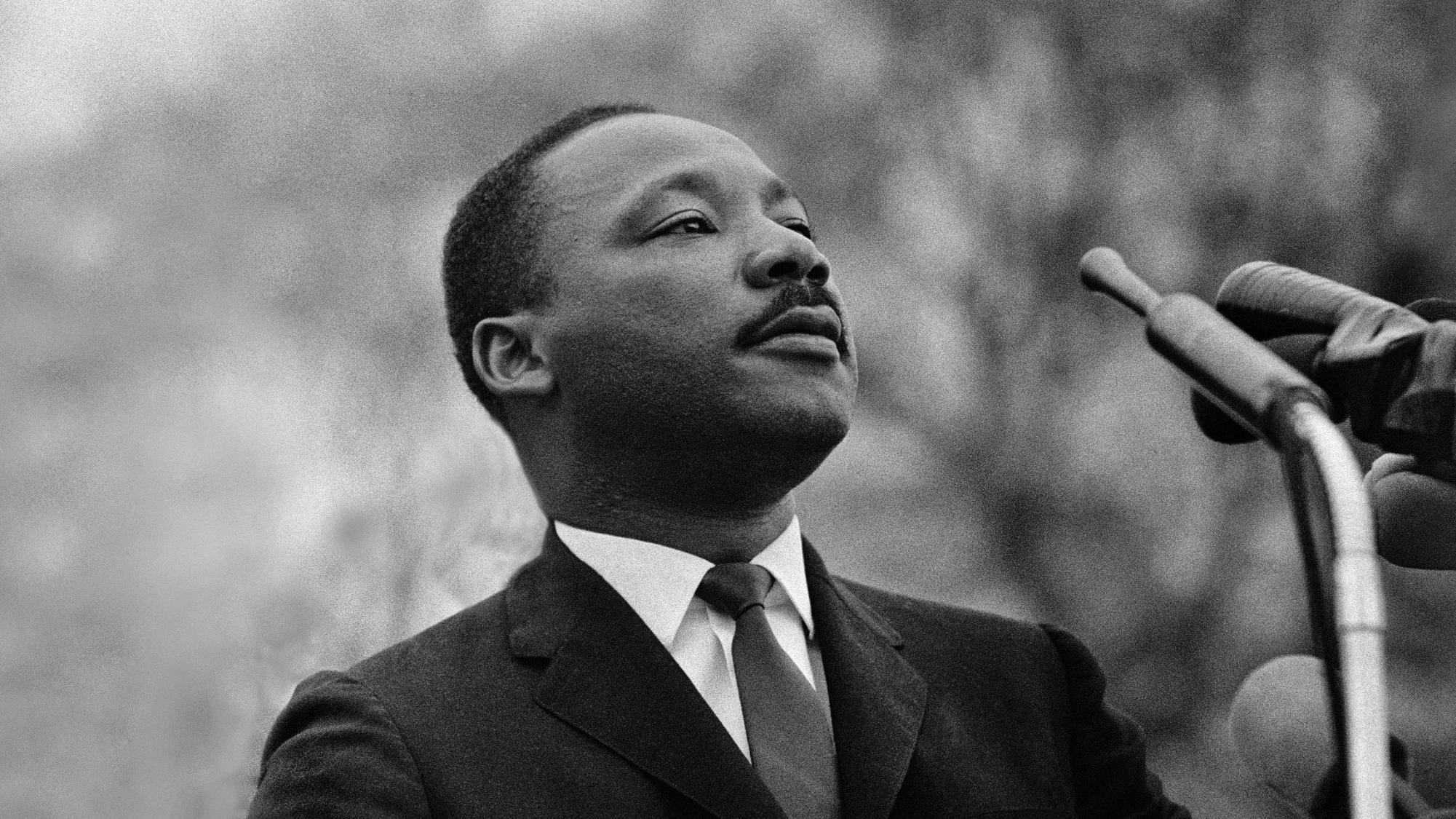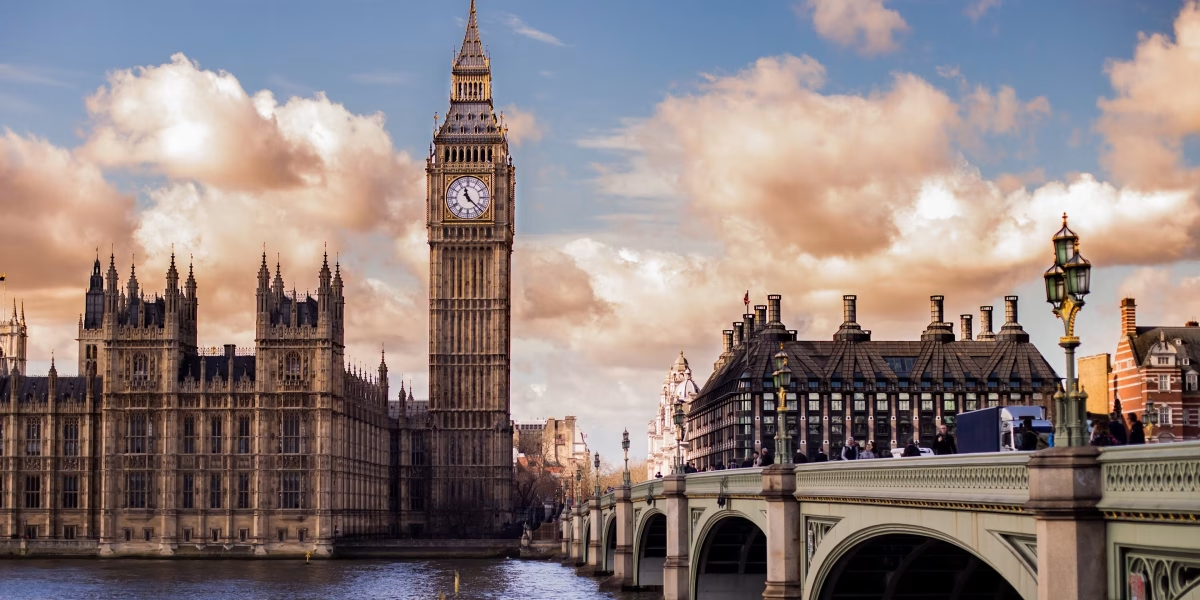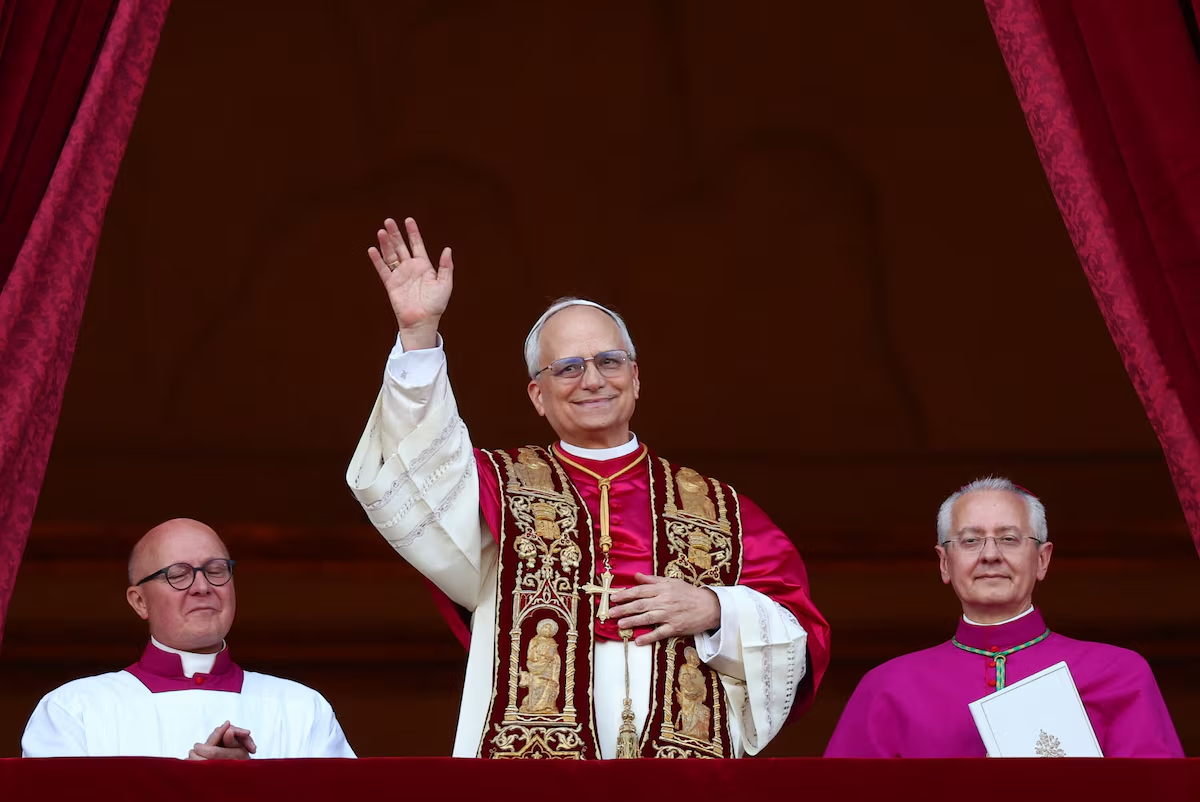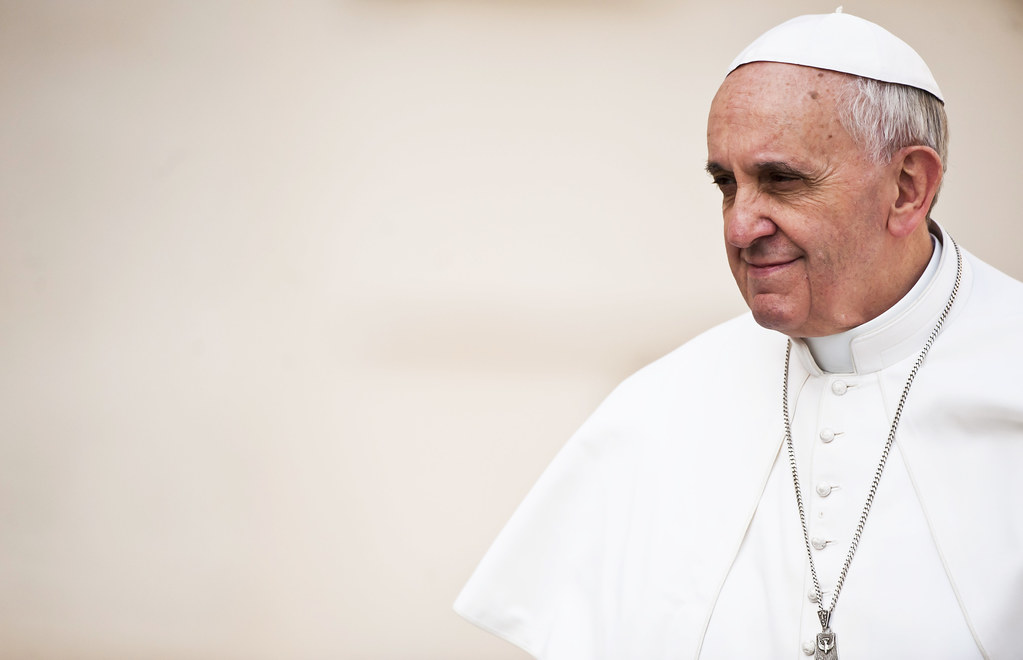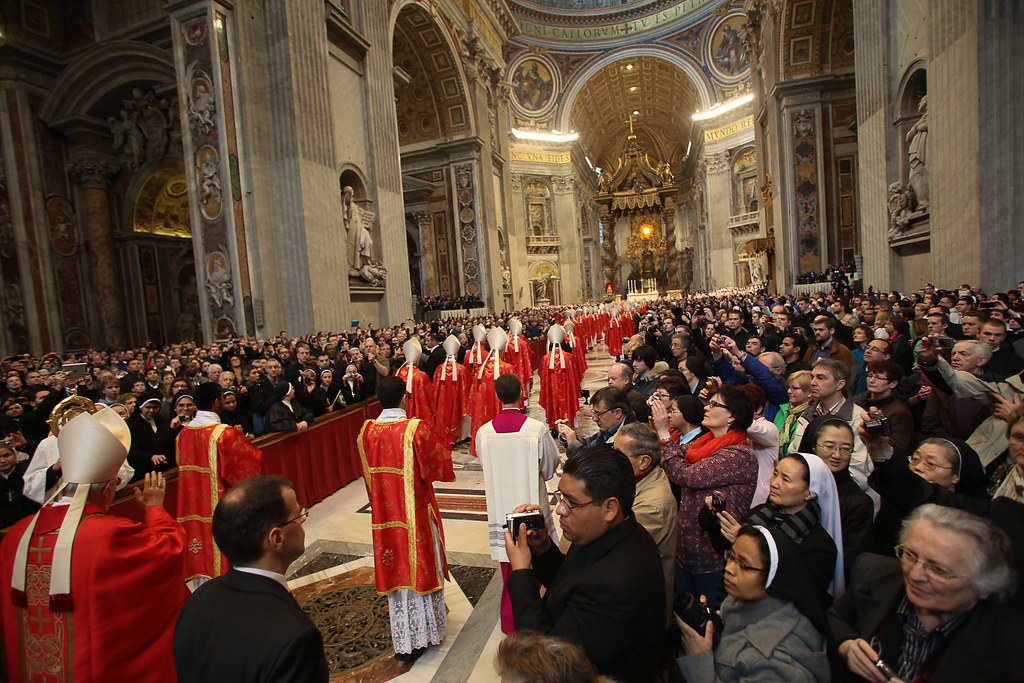As we celebrated Martin Luther King, Jr. Day on January 15, it’s important to reflect on his life and legacy. Martin Luther King, Jr. was a social activist and Baptist minister who dedicated his life to the nonviolent struggle for civil rights in the United States. He played a pivotal role in ending segregation for African Americans, fighting for this movement from the mid 1950s until his assassination in 1968. His leadership contributed to the overall success of the civil rights movement in the 1900s and continues to impact the same struggles today.
Martin Luther King, Jr. sought for a more diverse community. He was a leader of the people and understood the impact of unifying everyone in the push for the common goal. He had incredible determination, refusing to let anything stop his fight and standing by his goal of achieving rights for all through nonviolent protests. One of his first protests was the Montgomery Bus Boycott. King was chosen as the movement’s official leader and spokesperson. The boycott occurred following the arrest of Rosa Parks for refusing to give up her seat to a white passenger on a Montgomery bus on December 1, 1955. Activists coordinated this movement that would continue for 381 days, placing extreme economic pressure on the public transit system.
Dr. King is widely recognized as one of the most influential figures in history. One of his most iconic contributions was his “I Have a Dream” speech, delivered during the March on Washington in 1963. In this inspiring speech, King expressed his vision of a future where racial discrimination and segregation would be overcome, and all individuals would be judged by the quality of their character rather than the color of their skin. This speech inspired many individuals to join the fight for civil rights, and its impact continues to be felt today. Still taught and talked about, King’s “I Have a Dream” speech serves as a symbol of hope, unity, and the ongoing struggle for equality.
Although King’s message of peace and equality was spreading, so was the tension between him and young radicals who disliked his views and nonviolent approach. On April 4, 1968, Martin Luther King, Jr. was assassinated. He was fatally shot on a balcony in Memphis, Tennessee, while attending a workers strike. Following his death, there was an uprising of riots across the country. Just four days later, activists were already pushing for a remembrance day. After years of campaigning they finally succeeded and president Reagan signed a bill to create a U.S. federal holiday in honor of King. The first Martin Luther King Day was celebrated in 1986, and has since been observed every year on the third Monday of January.
